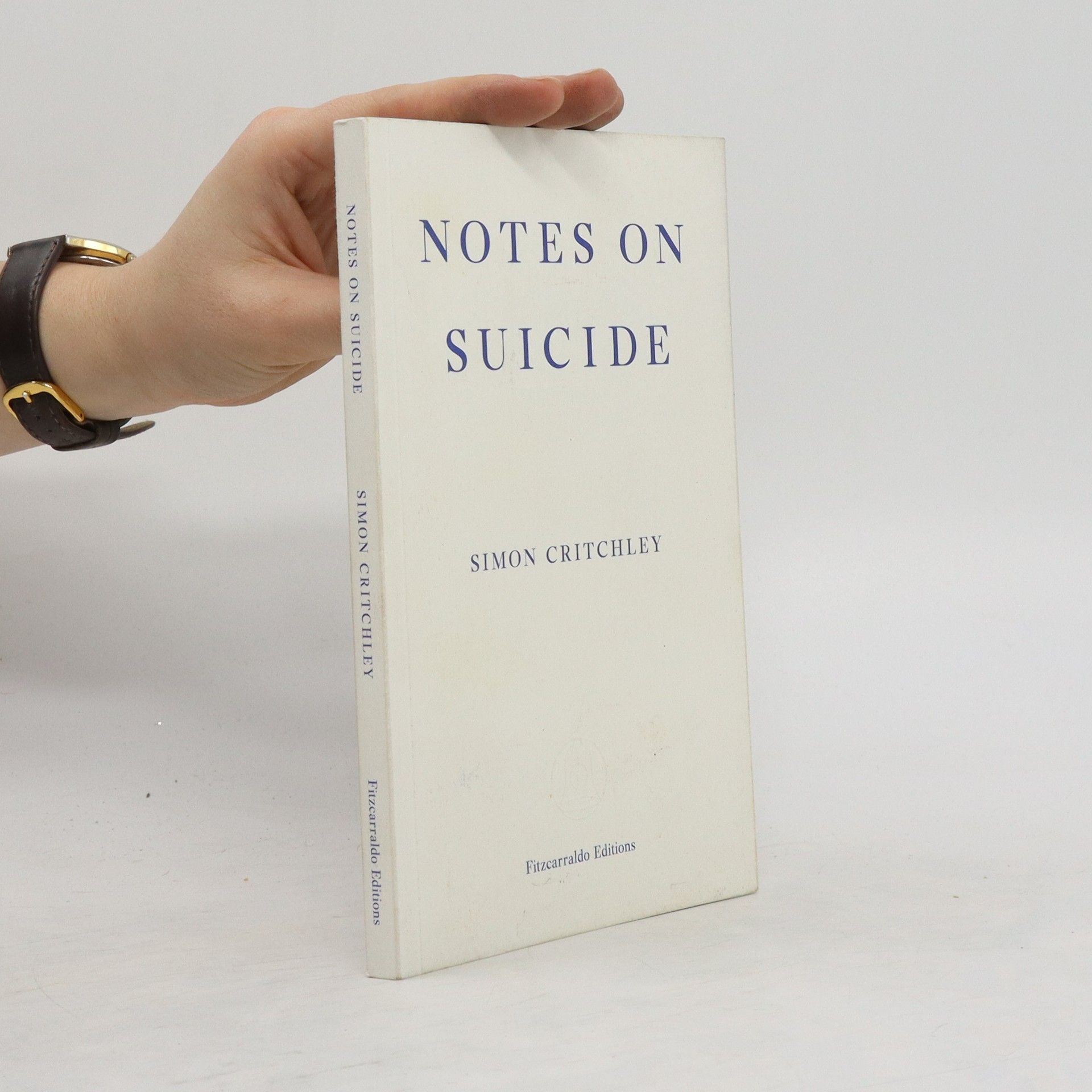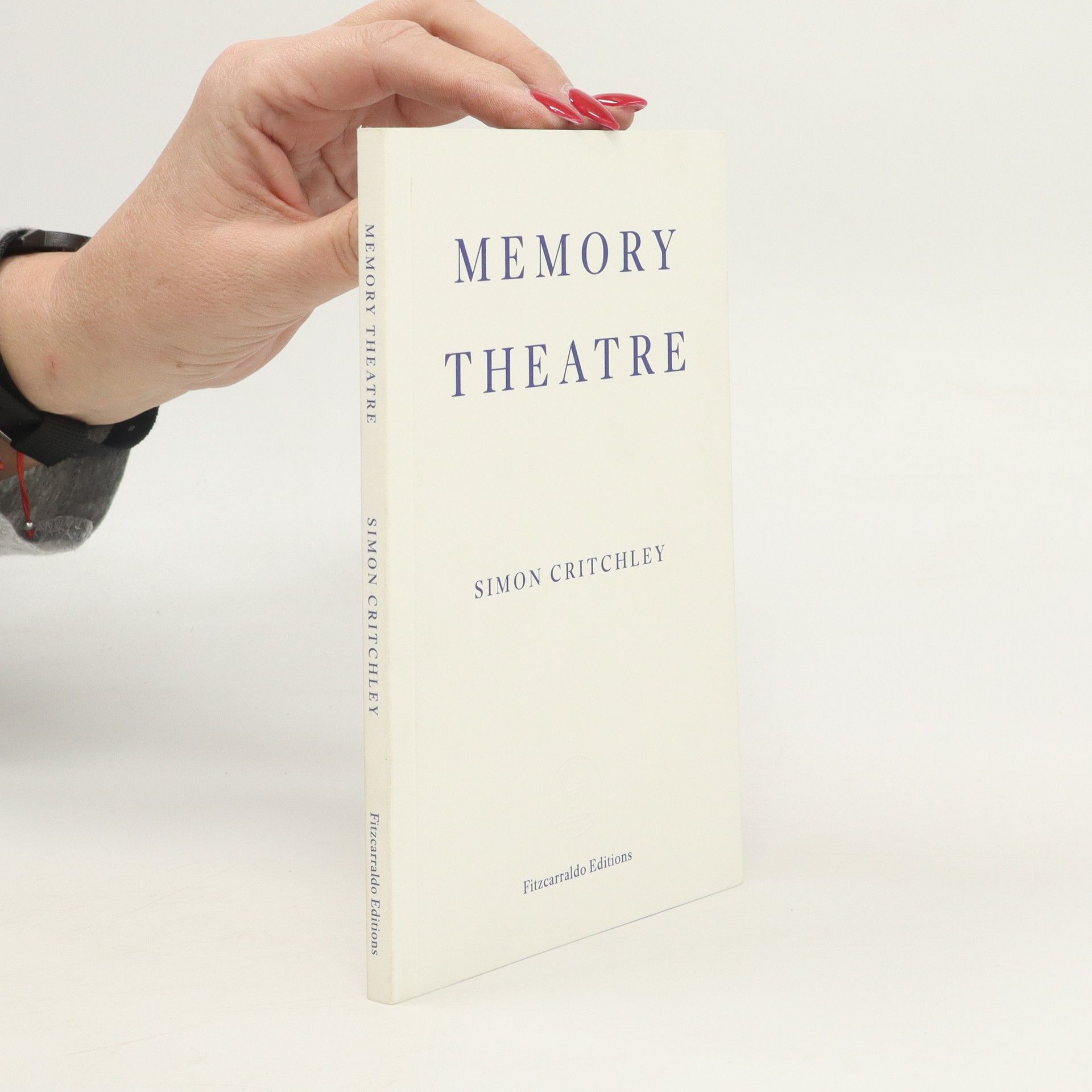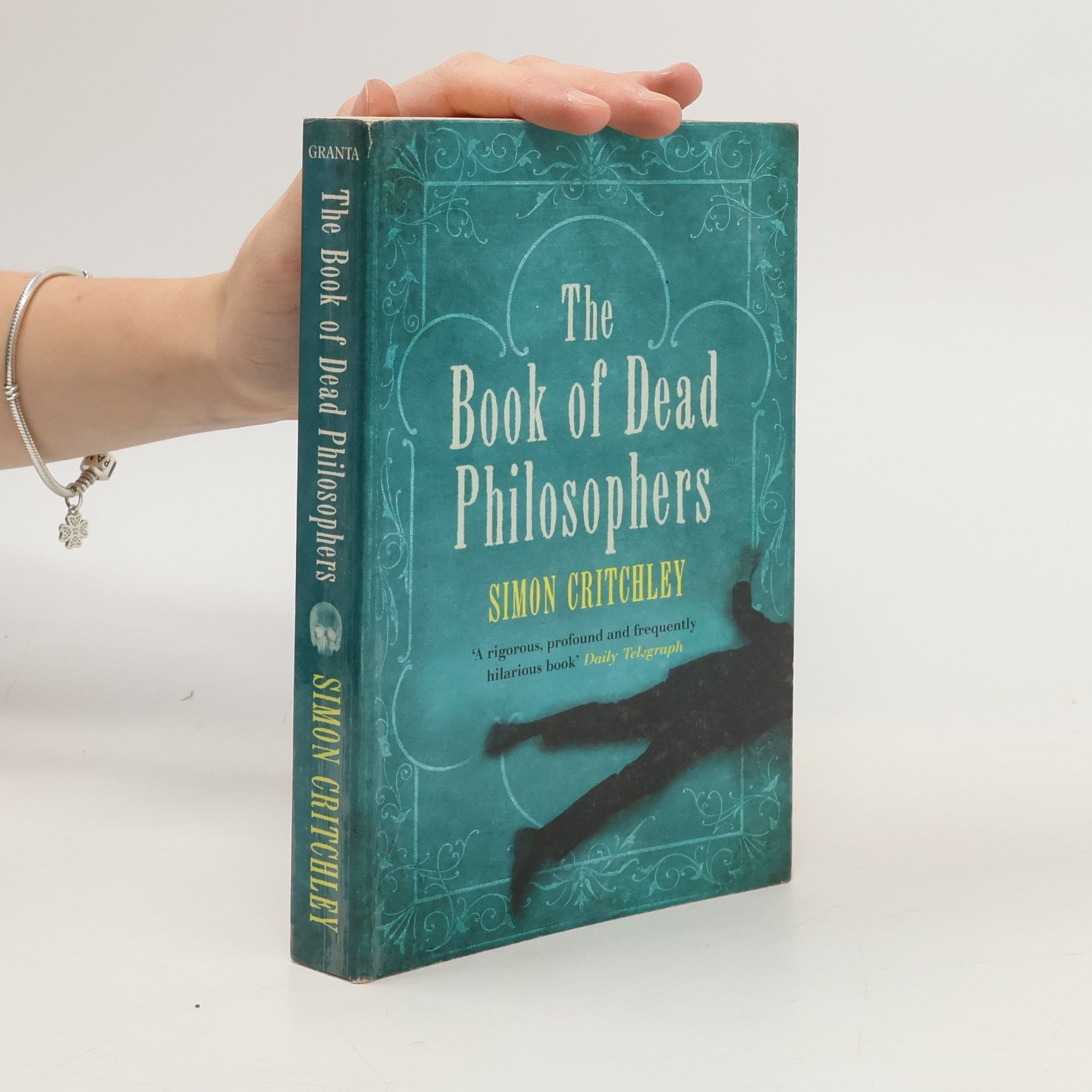Exploring existential ecstasy, the book delves into mystical experiences that elevate one's senses and self-awareness, fostering a profound sense of aliveness. It highlights practical pathways to deepen life's meaning, whether through traditional spiritual connections or transformative mind-altering experiences.
Simon Critchley Book order (chronological)
Simon Critchley is an English philosopher working within the tradition of continental philosophy. His scholarship is largely shaped by two fundamental concepts: religious and political disappointment. Critchley posits that philosophy originates from disappointment, whether it be of a religious or political nature. Religious disappointment compels an examination of meaning and the challenge of nihilism, while political disappointment ignites the pursuit of justice and the necessity of a robust ethical framework.







Mysticism
- 320 pages
- 12 hours of reading
Philosophy, according to Simon Critchley, emerges not from wonder but from disappointment, particularly in the realms of religion and politics. He explores how religious disillusionment leads to existential questions about life's meaning amidst nihilism, while political discontent confronts the quest for justice in a violent world. Critchley's recent works also venture into innovative writings on diverse subjects, including Shakespeare, David Bowie, suicide, Greek tragedy, and football, showcasing his broad intellectual engagement.
"A genial exercise in public philosophy" ( Kirkus , starred review) from one of the world's best-known popular philosophers"Simon Critchley is an international treasure—that rare and real philosopher who embraces Rousseau’s ‘feeling of existence,’ David Bowie’s vision of love, and Philip K. Dick’s genius with genuine wrestling and a soulful smile!’’—Cornel West, Harvard UniversityThe moderator of the New York Times ’ Stone column and the author of numerous books on everything from Greek tragedy to David Bowie, Simon Critchley has been a strong voice in popular philosophy for more than a decade. This volume brings together thirty-five essays, originally published in the Times, on a wide range of topics, from the dimensions of Plato’s academy and the mysteries of Eleusis to Philip K. Dick, Mormonism, money, and the joy and pain of Liverpool Football Club fans. In an engaging and jargon‑free style, Critchley writes with honesty about the state of world as he offers philosophically informed and insightful considerations of happiness, violence, and faith.Stripped of inaccessible academic armatures, these short pieces bring philosophy out of the ivory tower and demonstrate an exciting new way to think in public.
Tragedy, the Greeks, and Us
- 336 pages
- 12 hours of reading
From the moderator of The New York Times philosophy blog "The Stone," a book that argues that if we want to understand ourselves we have to go back to theater, to the stage of our lives Tragedy presents a world of conflict and troubling emotion, a world where private and public lives collide and collapse. A world where morality is ambiguous and the powerful humiliate and destroy the powerless. A world where justice always seems to be on both sides of a conflict and sugarcoated words serve as cover for clandestine operations of violence. A world rather like our own. The ancient Greeks hold a mirror up to us in which we see all the desolation and delusion of our lives but also the terrifying beauty and intensity of existence. This is not a time for consolation prizes and the fatuous banalities of the self-help industry and pop philosophy. Tragedy allows us to glimpse, in its harsh and unforgiving glare, the burning core of our aliveness. If we give ourselves the chance to look at tragedy, we might see further and more clearly.
What We Think About When We Think About Football
- 208 pages
- 8 hours of reading
What do we think about when we think about football? Football is about so many things: memory, history, place, social class, gender (especially masculinity, but increasingly femininity too), family identity, tribal identity, national identity, the nature of groups. It is essentially collaborative, even socialist, yet it exists in a sump of greed, corruption, capitalism and autocracy.Philosopher Simon Critchley attempts to make sense of it all, and to establish a system of aesthetics - even poetics - to show what is beautiful in the beautiful game. He explores, too, how the experience of watching football opens a particular dimension in time; how its magic wards off oblivion; how its dramas play out national identity and non-identity; how we spectators, watching football with tragic pensiveness, participate in the play. And of course, as a football fan, he writes about his heroes and villains: about Zidane and Cruyff, Clough and Revie, Shankly and Klopp.
On Bowie
- 207 pages
- 8 hours of reading
What made Bowie special? What made him the cultural icon he is today? And what made millions of people around the world tune into his peculiar wavelength and find exactly what they'd been looking for all along? Simon Critchley's keen-eyed, moving and textured tribute to Bowie paints an essential picture of how he tapped into the zeitgeist - and into our hearts.
Notes on Suicide
- 93 pages
- 4 hours of reading
Through a sweeping historical overview of suicide, a moving literary survey of famous suicide notes, and a psychological analysis of himself, Simon Critchley offers us an insight into what it means to possess the all too human gift and curse of being of being able to choose life or death.
Memory theatre
- 68 pages
- 3 hours of reading
This is part novel, part prose poem illuminated by a series of photographs of New York buildings gradually making and unmaking themselves.
How to Stop Living and Start Worrying
- 134 pages
- 5 hours of reading
The question of how to lead a happy and meaningful life has been at the heart of philosophical debate since time immemorial. This book tackles the question of 'how to live' by forcing us to explore our troubling relationship with death. It provides an introduction to the thought of Simon Critchley.
The Book of Dead Philosophers
- 298 pages
- 11 hours of reading
From the self-mocking haikus of Zen masters on their deathbeds to the last words of Christian saints and modern-day sages, this text looks at what the world's greatest minds have made of death.


